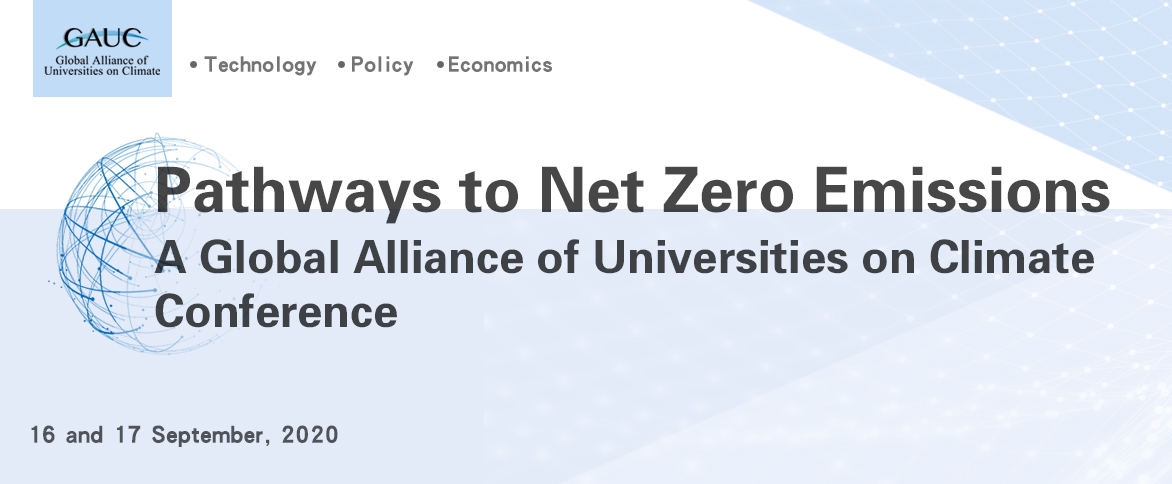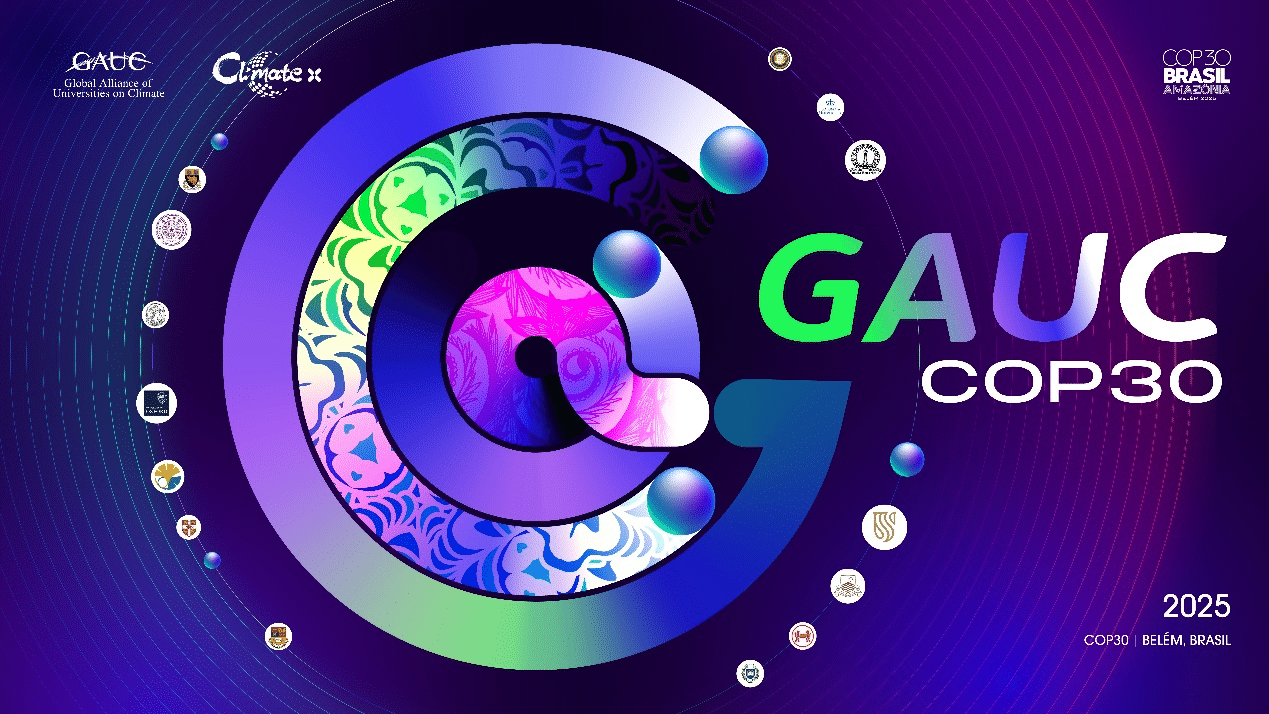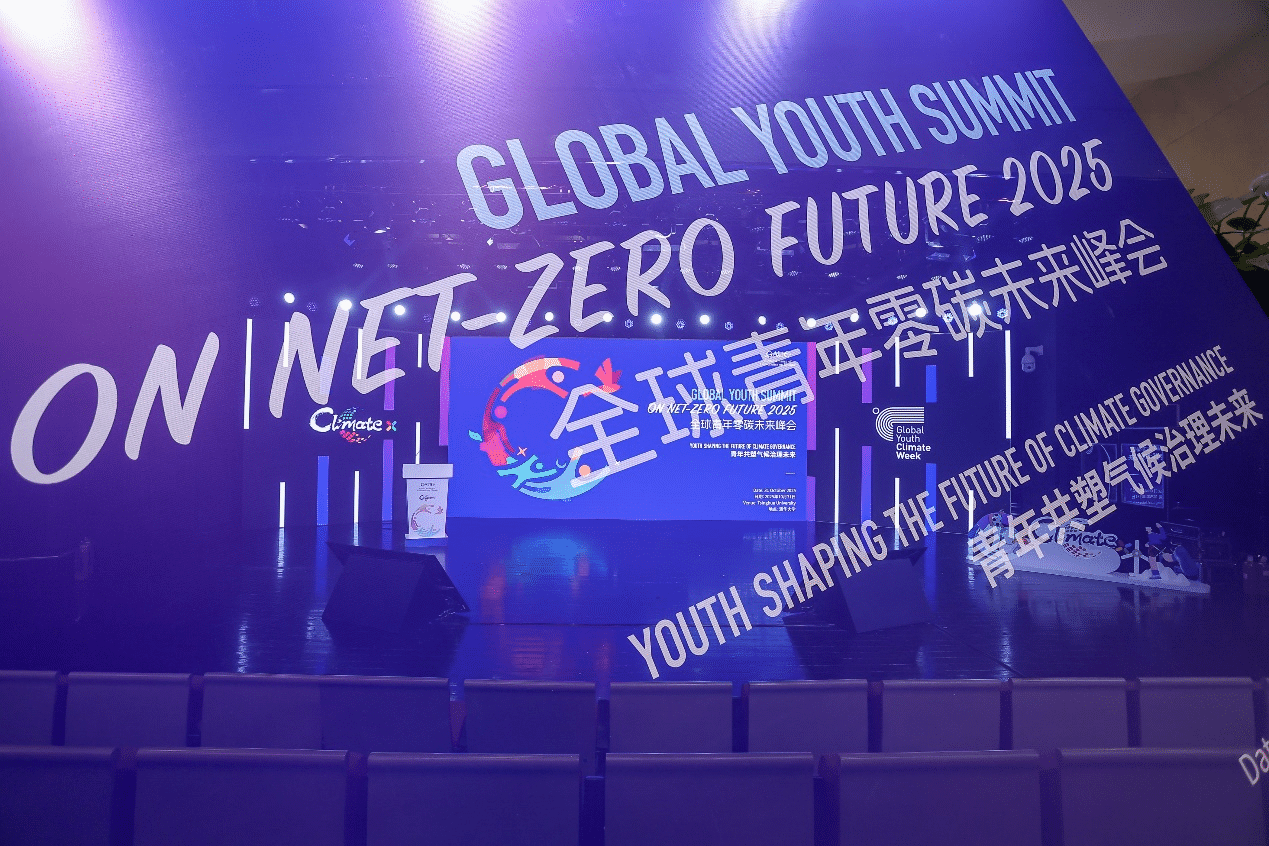
The COVID-19 pandemic has highlighted the vulnerability and exposure of human populations to global threats, such as infectious diseases, biodiversity loss and climate change.
Climate change is already affecting lives and livelihoods across the world and the impacts are growing. The rise in global temperature is undeniable and there are a range of associated effects, including a reduction in sea- and land-based ice in the polar regions, rising global sea levels, and changes in the frequency and intensity of some types of extreme events in many parts of the world.
Many authoritative national, regional and international assessments, including by the Intergovernmental Panel on Climate Change, have concluded that this change in the climate is being driven by human activities, primarily the burning of fossil fuels, which are raising atmospheric concentrations of carbon dioxide and other greenhouse gases.
Global temperature and associated impacts will continue to increase until atmospheric concentrations of greenhouse gases stop growing. This will require emissions of greenhouse gases from human activities to be reduced to a level when they are no greater than removals of greenhouse gases from the atmosphere through human activities such as afforestation. Man-made climate change cannot be halted until greenhouse gas emissions from human activities are reduced to this ‘net zero’ level, also known as carbon neutrality.
Almost all countries are now committed to the achievement of global net zero emissions through the implementation of the Paris Agreement. Article 2 of the Agreement commits Parties collectively to “[h]olding the increase in the global average temperature to well below 2°C above pre-industrial levels and pursuing efforts to limit the temperature increase to 1.5°C above pre-industrial levels, recognizing that this would significantly reduce the risks and impacts of climate change”.
Article 4 of the Agreement states: “In order to achieve the long-term temperature goal set out in Article 2, Parties aim to reach global peaking of greenhouse gas emissions as soon as possible, recognizing that peaking will take longer for developing country Parties, and to undertake rapid reductions and adaptation thereafter in accordance with best available science, so as to achieve a balance between anthropogenic emissions by sources and removals by sinks of greenhouse gases in the second half of this century, on the basis of equity, and in the context of sustainable development and efforts to eradicate poverty”.
Stopping climate change requires global coordinated action. Many countries have now recognised the urgency required to realise the goals of the Paris Agreement and have set targets for reducing their national emissions to net zero. However, few have yet created detailed plans for achieving net zero emissions or carbon neutrality. As the Paris Agreement explicitly recognises, capacity-building support is urgently needed for developing countries to contribute to the realisation of the long-term global goal of net zero emissions, or carbon neutrality.
The Global Alliance of Universities on Climate (GAUC) is committed to supporting countries to achieve the goals of the Paris Agreement, including net zero emissions, or carbon neutrality, in order to realise the long-term temperature goal set out in Article 2.
We pledge to carry out research, analysis and engagement activities across disciplinary and geographical boundaries to develop the technologies, policies and strategies to accelerate the achievement of net zero global emissions of greenhouse gases and climate resilience. We will work with policy-makers in order to implement rapidly these technologies, policies and strategies in a way that is consistent with other local, national, regional and global objectives, such as the Sustainable Development Goals. We recognise that countries are at very different stages of development and the transition to net zero emissions can and must be carried out in a way that improves living standards and reduces poverty around the world.
We will support a range of initiatives that contribute to the global goal of net zero emissions or carbon neutrality. For instance, we support Nature-Based Solutions for Climate, a plan to unlock the full potential of nature for climate action, which was launched at the United Nations Climate Action Summit in September 2019 by a coalition co-led by China and New Zealand. Nature-based solutions are an essential component of the overall global effort to achieve the goals of the Paris Agreement. They are a vital complement to decarbonisation of the global economy, reducing climate change risks and establishing climate-resilient societies.
We also recognise the need for researchers to lead by example and to help their host institutions and organisations to reach net zero emissions in their operations.
- end -

Marching towards COP30 – GAUC Action Plan for Belem

Youth Shaping the Future of Climate Governance: The 5th Global Youth Summit on Net-Zero Future Successfully Held

Mr. Jerome L’host Led Sessions on Youth Leadership in 2025 Climate x Leadership Training Program
